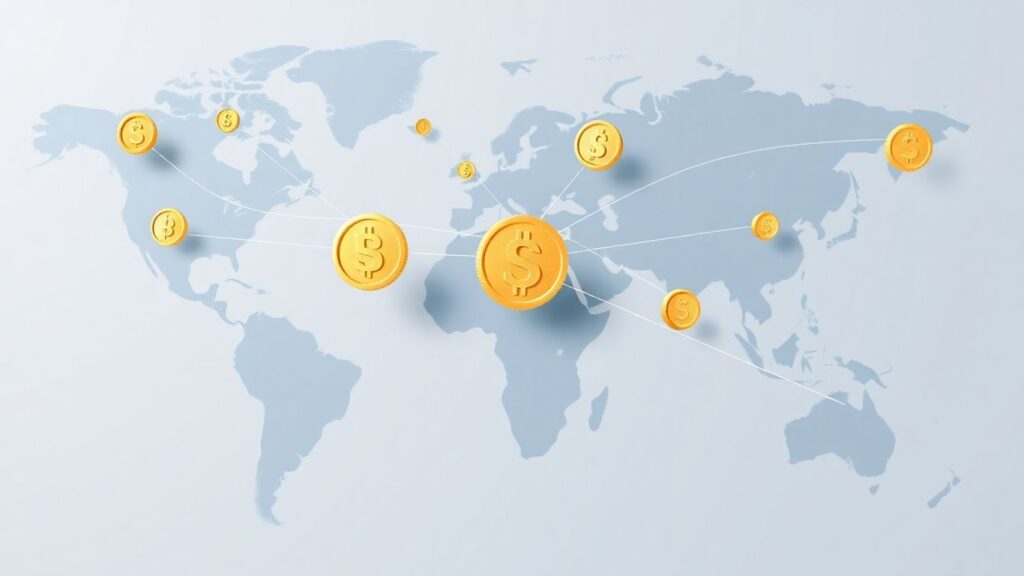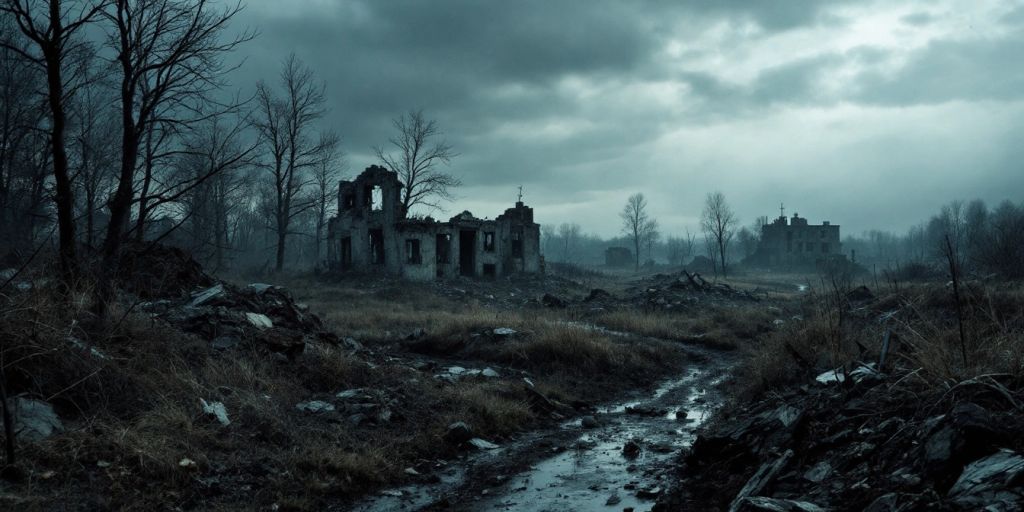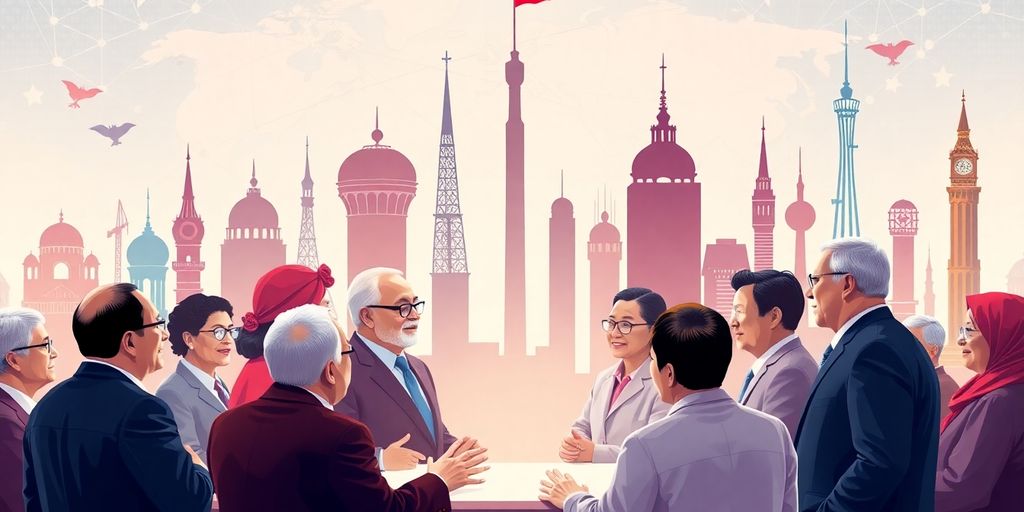The Global Control System: Unraveling the Truth with Mel K and Alex Krainer

Mel K and Alex Krainer recently sat down to discuss what they see as a global control system, touching on everything from deep state agendas and financial manipulation to media deception. They believe that truth, awareness, and courage are key to breaking free from this system and that the current lies are starting to crumble.
Key Takeaways
- Globalist Onslaught: There’s a growing pushback against a globalist agenda aimed at homogenizing societies under a new world order, a concept that became clearer during the 2020 events.
- Erosion of Democracy: Many nations are seeing their democratic processes undermined, with decisions seemingly made by unelected bodies and a push towards conflict.
- Historical Patterns: The current global situation echoes patterns from post-World War II, where international banking cartels and powerful legal firms influenced global structures for their own benefit.
- Debt as Control: The unpayable global debt is seen as a tool of control, with intelligence agencies and secret police working to prevent any default or challenge to the financial system.
- Information Control: Historically, control of the narrative through traditional media was effective, but the internet and social media have made it harder for these powerful groups to maintain their grip.
- The People’s Awakening: There’s a growing awareness among the public, leading to a demand for real answers and a rejection of leaders who have failed to manage the world effectively.
The Shifting Global Landscape
Alex Krainer notes a predictable pattern: people are pushing back against what he calls a "globalist onslaught." This agenda, he suggests, has been in the making for decades, aiming to create a homogenized world under a "new world order." The events of 2020, he argues, gave a clear picture of this, with sudden shifts in daily life and the imposition of new rules, including ideas like 15-minute cities, which are being pushed in Europe.
He points out that while democracy might seem to be in place, there’s a sense that choices are being limited, and the push towards conflict, like the situation with Russia, is presented as the only option. This is happening while economies are struggling, with rising unemployment and inflation.
Echoes of the Past: Post-WWII Power Structures
Mel K brings up the historical context, discussing how the post-World War II international banking system, influenced by figures from Wall Street and international law firms, was set up. She believes organizations like the CIA were created to protect this international banking cartel. The involvement of companies like IG Farben and Standard Oil, with ties to both Germany and America during the war, highlights a complex web of interests.
Krainer agrees, referencing documents like "Operation Unthinkable" from 1945, which showed plans to attack the USSR even while they were allies. He points to the formation of NATO and the CIA shortly after the war as evidence of a long-term strategy to counter Russia and maintain a specific global order, often driven by the interests of the City of London and Wall Street.
The Debt Trap and Control Mechanisms
Both Krainer and Mel K discuss the immense global debt and how it functions as a control mechanism. Krainer suggests that in a true democracy, people could simply refuse to pay debts. However, he argues that the owners of this debt, likely the international bankers, maintain a monopoly on violence, ensuring that any challenge to the system is suppressed. This, he believes, is why secret police and intelligence agencies are so important to them.
Historically, debt jubilees were a way to reset the system, but this practice stopped around the 5th century BCE. Since then, debt to bankers has been treated as sacrosanct, unlike debts owed to workers or pensioners. This leads to the conclusion that intelligence agencies like MI6, the CIA, and Mossad likely serve to protect these financial interests.
The People’s Awakening and the Future
Despite the efforts to control the narrative, the rise of the internet and social media has made it harder for powerful groups to maintain their grip. Mel K notes that the "dumbing down" of education and the reliance on AI and algorithms are attempts to groom a new generation of leaders who are less capable of challenging the status quo.
However, Krainer sees a positive shift. He believes that people are now seeing through the facade of leadership and demanding real answers. The election of Donald Trump, despite his flaws, is seen as a sign of this awakening. He also points to the fact that leaders like those in Russia and China understand the game they are playing, and there are still people within the US who want to return to the nation’s independent traditions.
They discuss how figures like Larry Ellison, involved in ventures like Theranos, represent a class of powerful individuals who make significant errors due to their detachment from reality. Their grand plans, often against nature and humanity, are ultimately brought down by those who speak the truth. The hope is that by learning and sharing the truth, people can resist these agendas and build a better future based on cooperation rather than conflict.








Responses